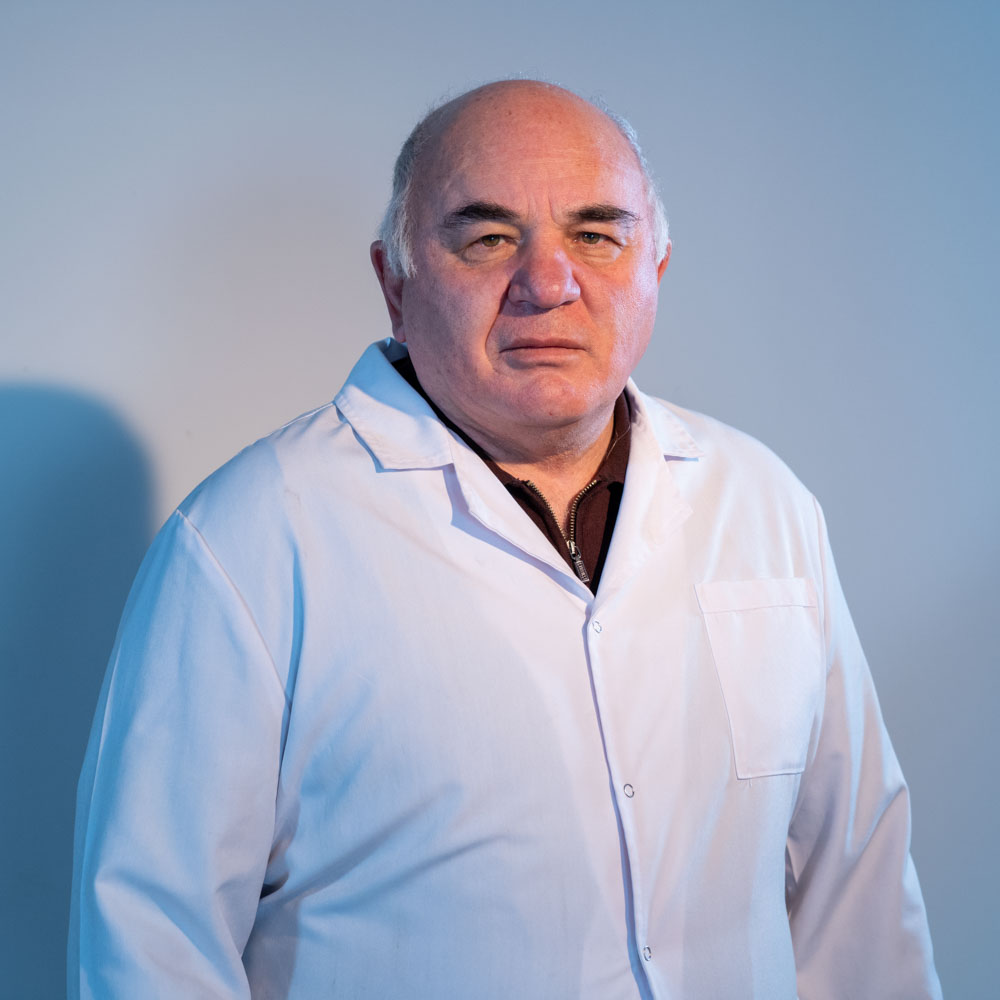Group of Physicochemical Problems of Chemical Safety
MAIN RESEARCH DIRECTIONS
• metallocomplex bioantioxidants
• environmental chemistry
• theoretical chemistry (quantum converted gases, quantum jumps)
The Group is involved in the investigation of the bioantioxidant activity of transition metal (Cu, Fe, Mn, Co, Zn) complexes in the model (in vitro) reactions systems at lipids oxidation and oxidative degradation of DNA. Determination of antioxidant characteristics of the metallocomplexes and revelation of chemical mechanisms of the activity on the molecular level are primary goals of the research.
The group carries out environmental chemical studies and analyses, in particular:
- Studies on chemical pollution of the environmental components (soil, water, air), detection of pollution sources and factors, assessment of the spatial distribution, consequences, and impact of the pollution.
- Investigations on the spatial distribution, seasonal and temporal dynamics of the content of organic pollutants, heavy metals, and nutrients in the water and bottom sediments of lake Sevan, rivers, and lakes of RA.
Among the group's research interests are fundamental problems of theoretical chemistry, including quantum chemistry. In particular, theoretical and numerical studies of the statistical properties of disordered spin systems, studies of quantum reacting gases, including the energy spectrum of atoms, quantum entanglement of atoms as a result of chemical reactions, quantum thermodynamics from the first principles of quantum mechanics, etc., which are extremely important for the development of modern nanoscale technologies.
MAIN RESULTS OF INVESTIGATIONS
- Based on the first principles of quantum mechanics, the thermodynamics of quantum two-component reacting gases have been constructed. In particular, it is shown for the first time that a quantum system (QS) separates a small quantized environment from a random environment around it, from which information about the QS can be obtained.





